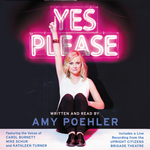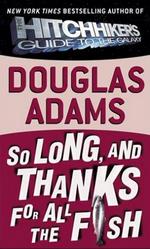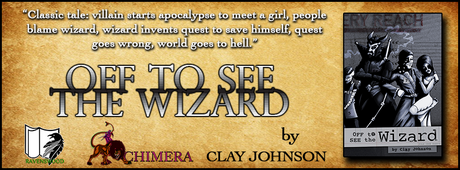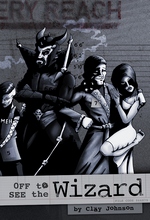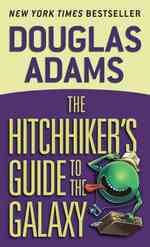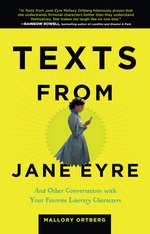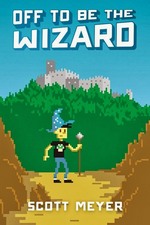Welcome to our Book Tour stop for Let There Be Linda. Along with this blurb about the book and author I’ve got a Q & A with the author, Rich Leder; some excerpts from the book: Meet Jenny Stone, Donald the Dentist, Detective Gary Shuler, and a little something we’re calling The Page 69 Challenge; and my 2¢ about the book.
Be sure to scroll down to the bottom of this post to see the current promos from Laugh Riot!

Book Details:
Book Title: Let There Be Linda by Rich Leder
Publisher: Laugh Riot Press
Release date: July 1, 2016
Book Description:
Leder’s black comic thriller tells the tall tale of estranged brothers Mike and Dan Miller—accountant and con-man talent agent respectively—up to their necks in the virtual quicksand of LA’s San Fernando Valley during the hottest summer in Southern California history.
The root cause of their problems could be the missing seventy-five thousand dollars, or the sadistic, loan shark dwarf and his vicious giant, or the psycho comedian cop on the case, or the coke-snorting dentist, or the deranged zombie real estate developer. Or perhaps it’s the poodle—the poodle is suspect, no doubt. Or maybe it’s the grocery store checker who breathes life into death.
Oh yes, it could be her too.
And so to repair the head-on collision the Millers have made of their personal and professional lives, the brothers summon their mother back from the dead to clean up the wreckage. But what the Miller men discover is that screwing with the laws of nature is a violent, bloody, hysterical, and hilarious idea.
Author Bio:
 Rich Leder has been a working writer for more than two decades. His screen credits include 18 produced television films for CBS, Lifetime, and Hallmark and feature films for Paramount Pictures, Tri-Star Pictures, and Left Bank Films.
Rich Leder has been a working writer for more than two decades. His screen credits include 18 produced television films for CBS, Lifetime, and Hallmark and feature films for Paramount Pictures, Tri-Star Pictures, and Left Bank Films.
He has written four funny novels: McCall & Company: Workman’s Complication; McCall & Company: Swollen Identity; Juggler, Porn Star, Monkey Wrench; and Let There Be Linda.
He founded Laugh Riot Press as an imprint for his funny books and the funny books of other indie authors.
He has been the lead singer in a Detroit rock band, a restaurateur, a Little League coach, an indie film director, a literacy tutor, a magazine editor, a screenwriting coach, a PTA board member, a commercial real estate agent, and a visiting artist for the University of North Carolina Wilmington Film Studies Department, among other things, all of which, it turns out, was grist for the mill. He resides on the North Carolina coast with his awesome wife, Lulu, and is sustained by the visits home of their three children.
Current Laugh Riot Press Promos:
Buy One Get One Free: Let There Be Linda is on presale on Amazon for $2.99. On July 1st it will be $4.99.
If you preorder Let There Be Linda before July 1st, and send Rich (rich@laughriotpress.com) a proof of purchase, he will send you a free e-copy of his romantic Hollywood sex comedy Juggler, Porn Star, Monkey Wrench. That’s two great reads for $2.99!
Ask a Question, Win a Signed Book! Email Rich any questions you want answered on the Laugh Riot Podcast (http://www.laughriotpress.com/podcasts/) for the chance to win a free signed book!
For More Info:
https://www.facebook.com/LaughRiotPress/
https://twitter.com/LaughRiotPress
http://www.amazon.com/Rich-Leder/e/B00N66JNN0/ref=dp_byline_cont_ebooks_1
https://www.goodreads.com/author/show/8304523.Rich_Leder?from_search=true&search_version=service
http://www.laughriotpress.com/



